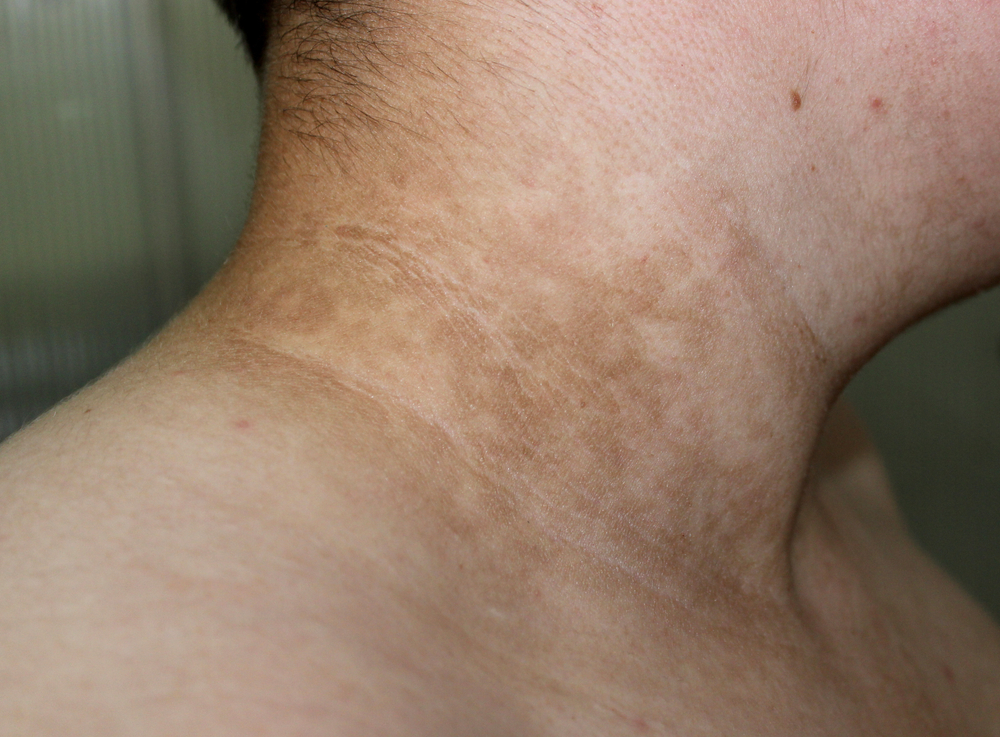
We all fancy that smooth skin with an even skin tone throughout the body. However, the skin may experience an excess of pigmentation. Pigmentation refers to skin color. Hyperpigmentation is a skin disorder arising from excessive production of melanin. Thus, the skin darkens. Melanin is responsible for the skin color. Hyperpigmentation may occur in spots, patches, or the entire skin. If you are unsure if you have Hyperpigmentation, it is important to contact our dermatologist in Bucks County, Pa.
Types of Hyperpigmentation
There are three major types of hyperpigmentation:
- Sunspots/ Liver Spots:
They arise from excessive exposure to sunlight over long durations. Sunspots appear as spots on the exposed skin region. Sunspots commonly occur on the face, legs, and arms.
- Melasma
Majorly attributed to hormonal changes and is predominant during pregnancy. Due to pregnancy, the melasma skin patches appear on the abdomen region and the face.
- Inflammatory Hyperpigmentation
It occurs due to inflammation of the skin layers. Eczema, lupus, and acne are common types of inflammatory hyperpigmentation.
Treating Hyperpigmentation
Darkening of your skin due to excessive melanin production is not the end of the world. It is possible to treat hyperpigmentation. There is medical treatment as well as home remedies for this skin disorder.
Treatment: Cosmetic Procedures
Chemical Peel
This procedure utilizes concentrated acids to lighten the affected skin regions. These acids treat hyperpigmentation by removing the epidermis layer, containing the melanocytes. Chemical peels are strong and powerful and should be applied under a dermatologist’s prescription.
Laser Peel
This procedure removes affected skin layers using strong light beams. Ablative laser peels target the epidermis while the non-ablative one targets the collagen fibers in the dermis.
Microdermabrasion
The dermatologist swipes an abrasive tool across your affected skin region. This tool clears off the epidermis skin layer.
Topical Creams
They are majorly over the counter (OTC) medications to lighten the skin.
They include:
- Retinoids: They are rich in Vitamin A and penetrate the skin to treat the dermal layers.
- Face Acids: These skin acids exfoliate the epidermal skin layer, giving room for new skin cells to develop. Common examples of these face acids are kojic acid, azelaic acid, salicylic acid, I-ascorbic acid, etc.
- Lightening Creams: These creams decrease the dark skin tone. They majorly consist of Vitamin B3, licorice extract, hydroquinone, and N-acetylglucosamine.
Home Remedies
You can also use natural remedies at home to lighten your skin pigmentation.
- Aloe Vera: Aloe vera contains aloin, an antioxidant that depigments the affected skin areas. Apply whole aloe vera fluid onto the affected skin daily before bed. Rinse it in the morning and repeat the cycle until all the skin patches clear off.
- Apple Cider Vinegar: The rich acetic acid lightens dark skin tones. Mix equal proportions of apple cider vinegar and warm water. Apply to the affected zones. Repeat the cycle daily.
- Black Tea Water: Add black tea leaves into hot water. Soak some cotton wool into the mixture and apply to the hyperpigmented areas.
Healthy skin is the epitome of holistic wellness. Hyperpigmentation is treatable. Visit Pennsylvania Dermatology Specialists for top-notch medical dermatology services Montgomery County, Pa. We take pride in the best dermatologist in bucks county pa.



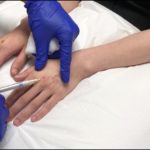
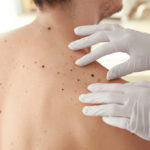

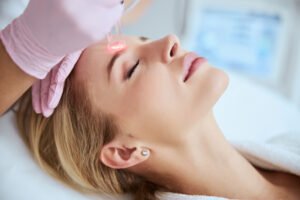
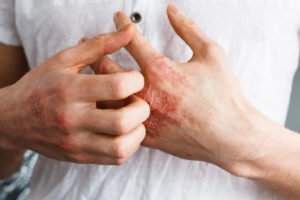
No comment yet, add your voice below!